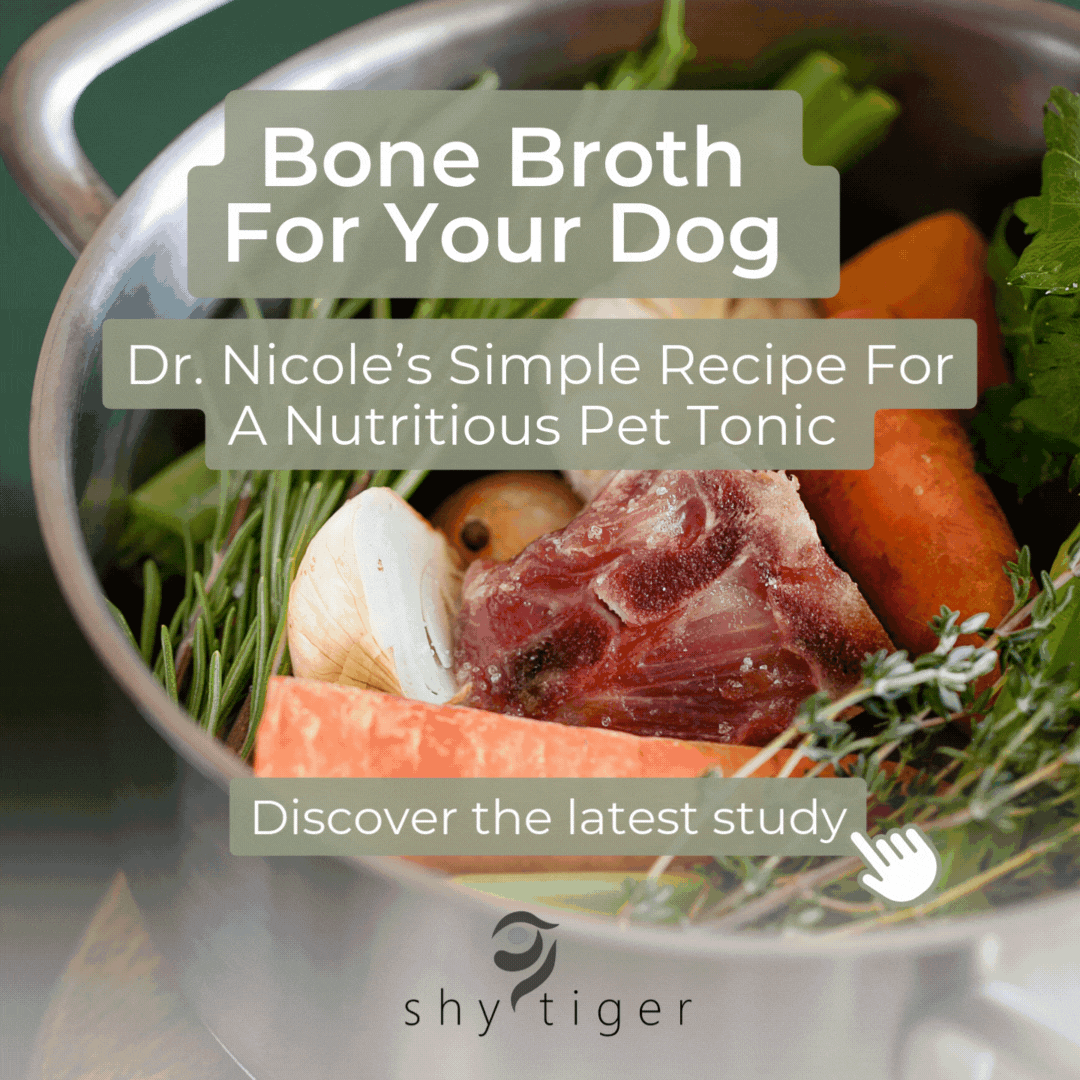Impact of Diet on Dog's Health

The Impact of Early Life Diet on Chronic Gut Issues in Dogs
As a dedicated and passionate veterinarian, my focus has always been to provide you with the most relevant and up-to-date knowledge to help you make informed decisions about your pet's health. Today, I would like to delve into a topic that has gained significant scientific interest of late, the impact of diet on chronic gut issues, also known as Chronic Enteropathy (CE), in dogs, particularly during their formative years. This blog post is based on a recent study from the renowned scientific journal, Nature, on the effect of puppyhood and adolescent diet on the incidence of chronic enteropathy in dogs later in life.
Understanding Chronic Enteropathy in Dogs
Chronic gut issues, also referred to as chronic enteropathy in dogs is a condition similar to human Inflammatory Bowel Disease (IBD), presenting with persistent symptoms like vomiting, diarrhoea, decreased appetite, abdominal pain, and weight loss. The causes of CE are multifactorial, with diet playing a crucial role in the development of the disease, alongside genetic predisposition and gut microbiota diversity.
The Role of Diet in Chronic Enteropathy

The groundbreaking study we are discussing today has revealed some fascinating insights into how the type of diet consumed by your dog during their puppyhood (2–6 months) and adolescence (6–18 months) can impact their risk of developing CE later in life. The research found that feeding a non-processed meat-based diet and providing human meal leftovers during these early stages of life were protective against CE in adulthood. Specific food items like raw bones and cartilage, as well as leftovers and berries, were associated with a reduced incidence of CE.
How amazing is this! By simply adding good quality leftovers to your dog’s diet when they’re young, you can reduce the risk of developing chronic gut issues later in life. In contrast, the study found that feeding an ultra-processed carbohydrate-based diet, specifically dry dog food or kibble, and providing rawhides during these formative stages were significant risk factors for CE in later life.

The study went further and found the lack of processing in a non-processed meat-based diet may be important. It seems common sense that a processed diet isn’t good for you but there is little research in pets to prove this point. Dry dog food undergoes heat treatment and contains many synthetic food additives to tick the ‘complete and balanced’ boxes, while non-processed foods for dogs are composed of fresh ingredients, real wholefood vitamins and minerals as well as many ‘non-essential’ phytonutrients which still have a valuable impact on health.
Conclusion
The study's findings are indeed significant, but it's important to remember that each dog's health needs are unique, influenced by factors such as breed, age, and existing health conditions. Therefore, it is always recommended to consult with a veterinary professional when making changes to your pet's diet.
While we have gathered important information from this study, there is more detail to be explored in the research, particularly around the impact of specific food items on the incidence of CE in dogs. In the interest of providing the most comprehensive information, we will continue to delve into the findings of this study and share more in future posts. It is our mission to help you provide the best possible care for your pet.
Click on this link to read the full study: The effect of puppyhood and adolescent diet on the incidence of chronic enteropathy in dogs later in life.
Remember, your pet's health begins with the choices you make today. Let's work together to give our pets a happy, healthy life.




Leave a comment